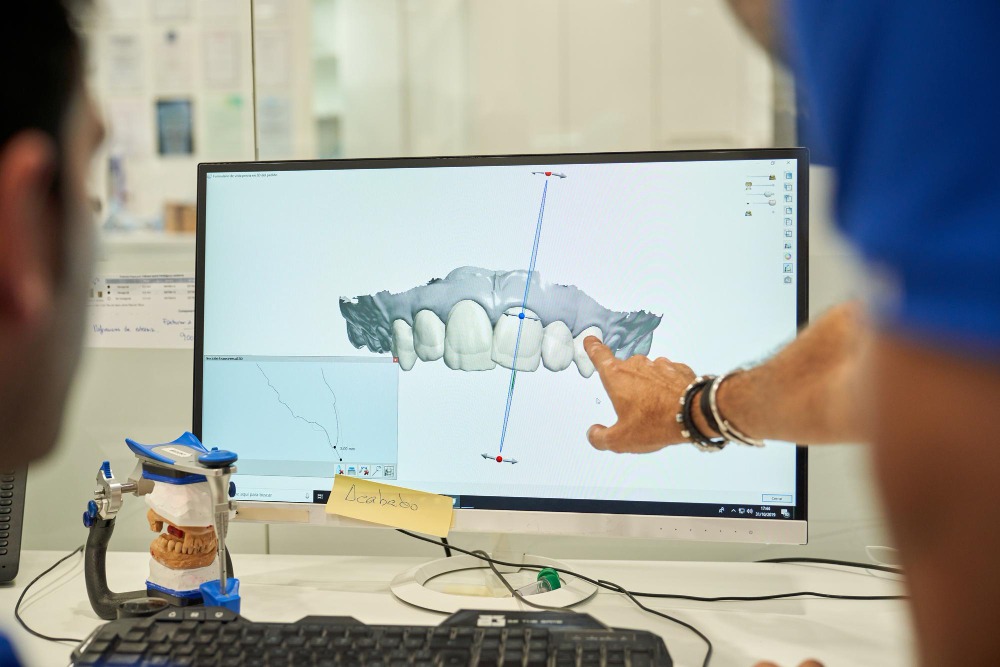Root Canal Treatment
Root canal treatment is a common dental procedure that aims to save a damaged or infected tooth, providing relief from pain and preventing the need for extraction. While the idea of a root canal may evoke fear in some patients, it is actually a highly elective and routine procedure that can help restore your oral health and preserve your natural teeth. Let’s get to the root of the problem! Unlike most of the horror stories you have heard , root canal treatment is used to relieve pain and remove the infection from the tooth. A little information will help. As illustrated, a normal tooth has a space inside which is called the pulp chamber which houses the vital tissue (blood vessels and nerves). This provides nutrition and maintains vitality of the tooth. Root canal treatment is done when this pulp gets infected due to decay or trauma. If you are looking for the best root canal dentist in Indiranagar, choosing an experienced specialist ensures effective care and long-term dental health.
How is a Root Canal done?
Root canal treatment can be done either in single or multiple appointments based on the level of infection.During a root canal procedure, the dentist will numb the area around the aected tooth to ensure a comfortable experience.
Benefits of getting a root canal treatment done
Do you need a Root Canal Treatment?
Root canal treatments are typically for those who have a severely decayed or infected tooth with damage to the pulp. Common signs that you may need a root canal include:
- Persistent tooth pain
- Sensitivity to hot or cold
- Swelling or tenderness in the gums
- Darkening of the tooth due to fracture or trauma


Precautions After Treatment
After undergoing a root canal procedure, it is essential to take some precautions to ensure proper healing and long-term success:
- Avoid eating hard or sticky foods that can damage the treated tooth.
- Maintain good oral hygiene by brushing and flossing regularly.
- Attend follow-up appointments with your dentist to monitor your recovery.
In conclusion, root canal treatment is a valuable dental procedure that can save your natural tooth and alleviate pain caused by infections or damage. If you are experiencing symptoms that suggest you may need a root canal, consult your dentist for a thorough evaluation and personalized treatment plan. For patients seeking root canal treatment in Indiranagar, timely care from a trusted specialist can help you achieve a healthy and pain-free smile.
FAQs
Root canal treatment is performed under local anesthesia, so you should not feel pain during the procedure. Some mild discomfort or sensitivity is common after the treatment but can be managed with over-the-counter pain medication.
The duration of a root canal treatment can vary depending on the complexity of the case. Generally, a single root canal procedure can be completed in one or two appointments.
While the cost of root canal treatment may vary depending on the location and the extent of the damage, it is often more cost-eective than tooth extraction followed by a replacement option like dental implants.
Most root canal treated teeth are severely damaged and may require a full coverage crown or a partial ceramic restoration like onlay or overlay. Your dentist will recommend what is best for you.
You can also opt for extraction and replacing the missing tooth with an implant.
Blogs
- All Posts
- Root Canal








